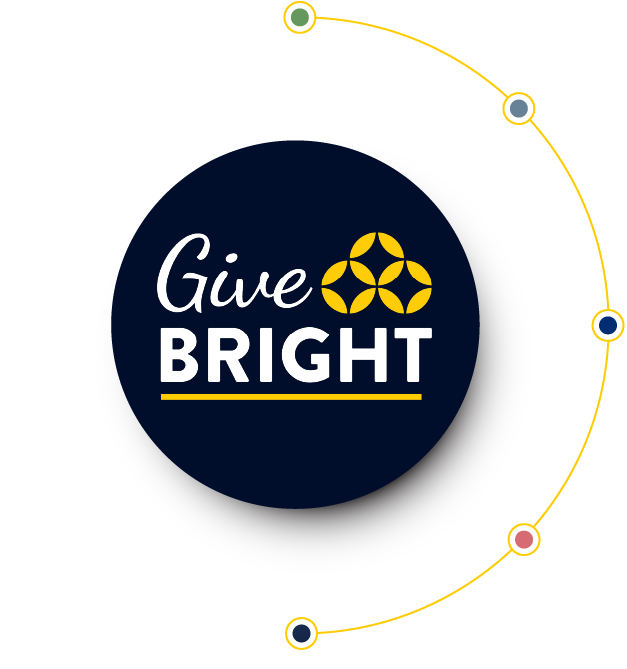Minnesota is among the most charitable states in America yet, despite our generosity, there are over 620,000 residents of the Twin Cities living in poverty, a number that has risen by 60% over the past two decades. Our communities of color have borne the brunt of this unacceptable trend: for example, you are nearly six times more likely to be poor in the Twin Cities if you are Black than if you are white, the largest such disparity of any major metropolitan area in the country. This all adds up to a startling reality: one-in-five residents of the Twin Cities is currently living in poverty.
If that is not a reason to update our approach to fighting poverty as a community, then what is?






